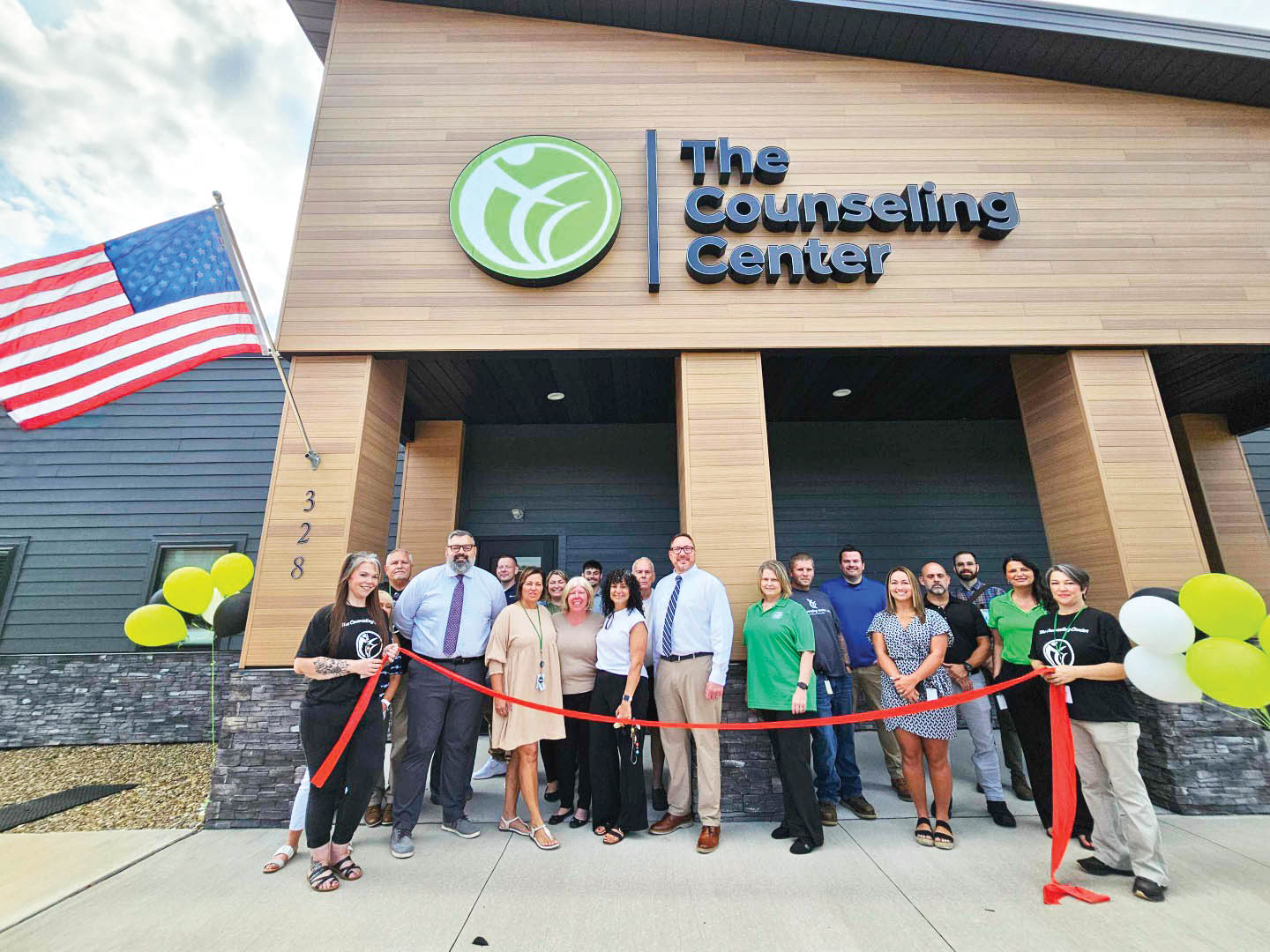Coal warms and cools our government
Published 10:09 am Thursday, October 7, 2010
We have heard of “enhanced” EPA reviews of coal mining permit applications, leaving potential mining areas buried in bureaucratic red tape.
Some recent thoughts, concerns and comments regarding this situation follows:
According to a study put out in May by Republicans on the Senate Committee on Environment and Public Works, EPA regulations put one in every four coal jobs in the region at risk.
Trending
The study estimated that nearly 18,000 jobs, and about 80 small businesses, were tied to the 190 permits under enhanced review at the time.
“It’s causing the elimination of jobs across Appalachia,” said Bryan Brown, executive director of the Federation for American Coal, Energy and Security, or Faces of Coal. “At a time when the nation’s trying to get people back to work, it’s threatening to take people’s jobs away.”
Bill Bissett, President of the Kentucky Coal Association, called the regulations a “two-fold attack” on the industry. He said the new framework has put mining firms’ investment on hold, as well as that of outside investors.
At a coal rally on Capitol Hill on Sept. 15, Virginia Senator Jim Webb said: “We are not going to let the EPA regulate coal out of business.”
I think many of us in the mining industry support Senator Webb.
At a time when it appears that mining is being regulated out, another interesting item is worth mentioning.
Trending
In a U.S. government website http://www.eia.gov/state/state_energy_profiles , which many of The Tribune readers may not be aware of, the following statement is found:
The coal-fired Capitol Power Plant, which began generating electricity in 1910, now provides steam for heating and chilled water for cooling the Capitol, the House and Senate office buildings, the Supreme Court building, and other buildings within the Capitol Complex.
I would hope that those left there after the election, being warmed by coal, will come to see the importance of coal; that on the national front, coal is, and will continue to be, a necessity in America for years to come.
John F. Enyart, Ashland, Ky.





